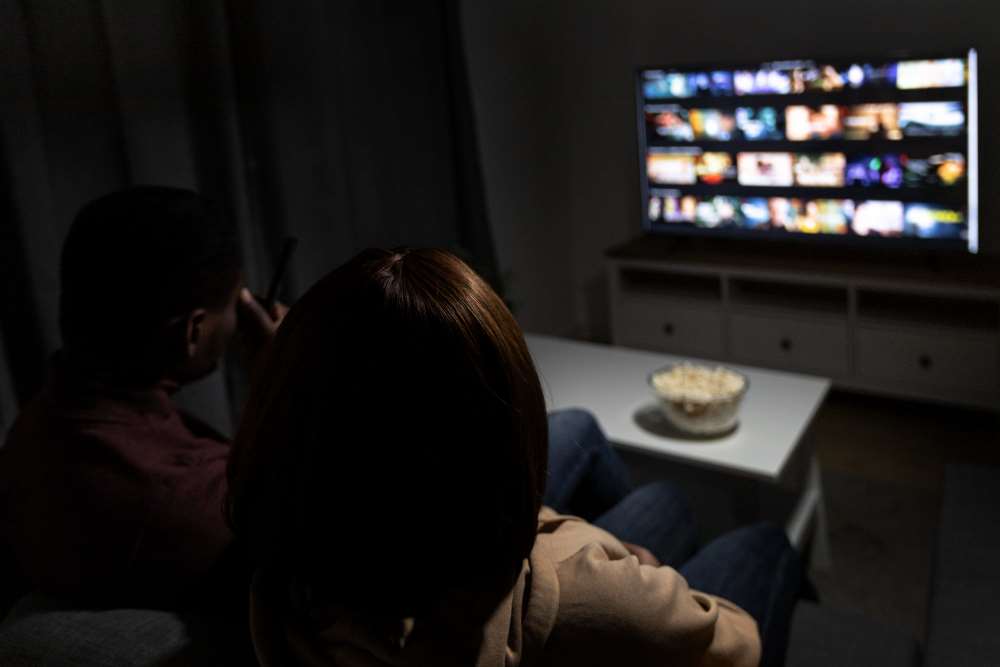With the increasing popularity of Smart TVs, more and more households are embracing the wide range of features and functionalities they offer. The appeal of internet-connected devices stems from their convenience and wide range of capabilities.
However, there is a world of potential risks that users must navigate in the smart era. As Smart TVs become ubiquitous in homes worldwide, concerns about data privacy and security loom large.
In this digital age, where convenience often comes hand in hand with surveillance, users are left to grapple with the implications of their devices’ connectivity. Are Smart TVs posing a risk by infringing upon our privacy?
Privacy Concerns
Smart TVs provide a convenient combination of entertainment and connectivity, but it’s important to be aware of the privacy risks they can present. These devices frequently and discreetly gather and send user data, such as viewing preferences and device information, to undisclosed parties. Advanced technologies such as Automatic Content Recognition (ACR) exacerbate these concerns, using user viewing patterns to customize advertisements.
The recent breach at BoAt, a homegrown audio brand, highlights the importance of safeguarding personal information and raises concerns about the potential misuse of user data. Reports indicate that the personal information of more than 7.5 million BoAt customers has been compromised and is now circulating on the dark web. This breach not only puts personal data at risk but also poses significant dangers to users’ financial security and confidential information.
In addition to privacy breaches, Smart TVs also pose significant security risks that need to be addressed. Just like any other Internet of Things (IoT) device, Smart TVs can be vulnerable to cyber-attacks, which could give hackers unauthorized access. Even well-known companies have been discovered to have vulnerabilities that could potentially compromise the privacy and security of millions of users.
Cameras and Microphones
The ubiquity of built-in cameras and microphones in modern Smart TVs raises a fresh set of concerns. Although these features provide functionality such as video calls and voice commands, they also carry potential risks if they are compromised. If hackers gain access to these devices, they could potentially turn the TV into a surveillance tool, violating user privacy.
The mysterious ways in which data is collected by Smart TVs raise important concerns regarding user consent and control over personal information. Users frequently lack information about the full extent of surveillance carried out by these devices. Without transparent disclosures from manufacturers about their data collection, utilization, and sharing practices, users are at risk of being exploited.
Stricter Regulations and User Vigilance
The lack of transparency in this situation hinders users from making well-informed decisions and maintaining control over their personal information. There is a growing call for more stringent regulations to ensure transparency and accountability in data collection practices. Users must prioritize the security of their Smart TV by regularly updating the software, setting strong passwords, and being cautious when connecting to public Wi-Fi networks. Disabling unnecessary features such as cameras and microphones when they are not being used can help reduce potential risks.
Although Smart TVs provide many benefits, users must be cautious about potential privacy and security hazards. Users may ensure the protection of their privacy while enjoying the benefits of smart technology by giving priority to software updates, enhancing network security protocols, and carefully examining app permissions.
In the face of rapid technological advancements, both manufacturers and consumers must prioritize the maintenance of data privacy and security in the domain of Smart TVs.




